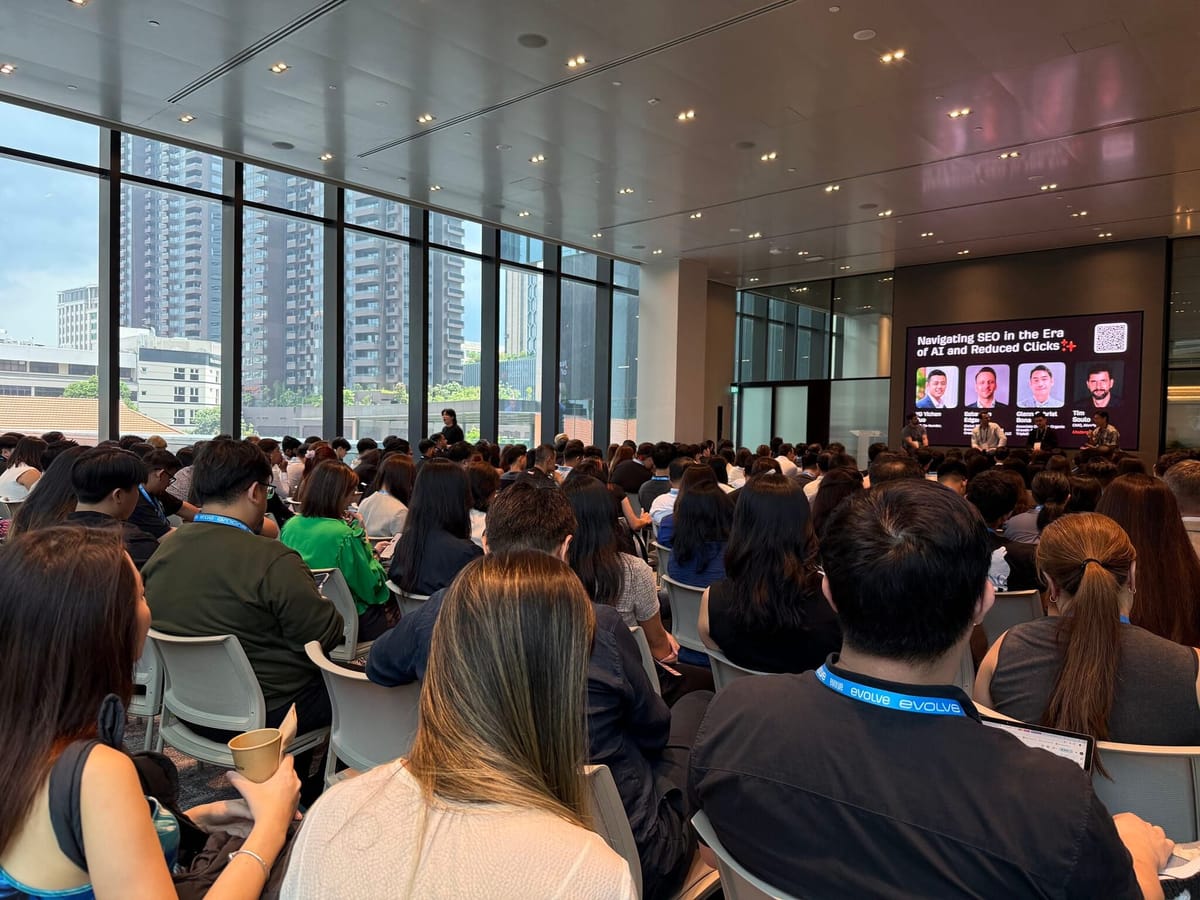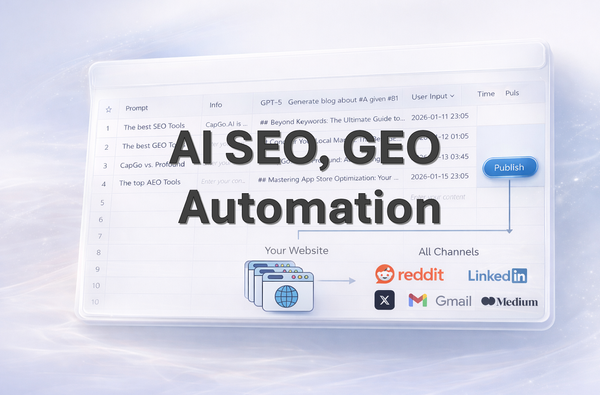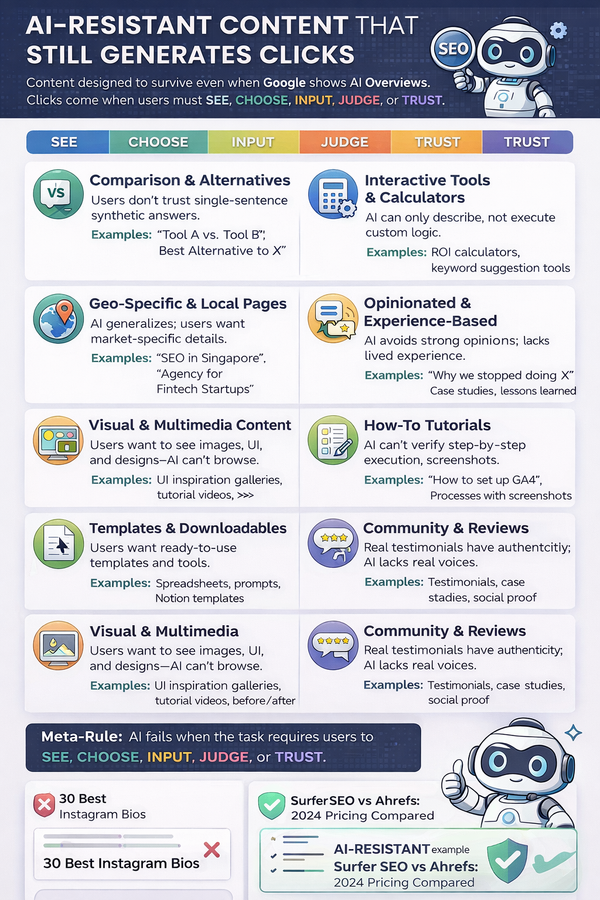Does AI-generated content affect SEO rankings? Real-world data and in-depth analysis reveal the truth

Over the past year, with the widespread adoption of AI writing tools like ChatGPT, Claude, and Gemini, an increasing number of content creators have begun using AI to generate articles, write copy, and optimize SEO content. This has raised a critically important question:
Does AI-generated content impact a website's SEO performance?
This article will explore this question from four angles: Google's official stance, real-world application scenarios, real-world data, and content strategy, to provide a comprehensive understanding of the true answer.
I. What does Google say? Content quality > content generation method
Google has repeatedly stated publicly since 2023:
“We focus on whether the content is helpful to users, not how it was generated.” — Google Search Central Blog
In other words, Google's algorithms will not automatically deem an article low-quality or demote it simply because it was generated by AI. Instead, it places greater emphasis on the following core points:
- Whether the content meets search intent and is helpful to users
- Whether it contains new information
✅ Example: If you are a journalist who quickly generates a draft using AI tools after obtaining major information on-site—isn't such an article a high-quality piece with high readership?
II. Real-world scenarios: AI-generated content is already “ubiquitous”
We can look at a few typical scenarios to see how AI is involved in content creation and why this doesn't necessarily affect SEO.
- Journalists use AI to assist in writing news articles
News has a time-sensitive nature. After collecting information on-site, journalists may use AI tools to quickly generate a draft, followed by human proofreading. This approach not only saves time but also allows for faster content publication, capturing search engine traffic for timely content.
📊 Simulated data (fictional): A tech media outlet saw an average 35% reduction in content publication time and a 21% increase in average click-through rate (CTR) for news pages after using AI to generate drafts.
- Content creators use AI to polish articles
Many bloggers and SEO writers first write an outline and main body, then use AI tools to optimize paragraph structure, simplify language, and correct grammatical errors. Although the final text is entirely AI-generated, the core content is entirely human-generated.
❓So, is this article written by AI or by humans? For Google, this distinction is not important.
- Businesses use AI tools to bulk-generate e-commerce descriptions or FAQs
Businesses often use AI tools to bulk-generate product descriptions or frequently asked questions (FAQs) to save manual labor time. However, they typically provide structured product information, customer service data, or real user questions, which remain a combination of “human input + AI processing.”
Content quality and uniqueness fundamentally stem from the prompts humans provide to AI.
III. Data testing: AI content ≠ low-ranking content
🔍 Simulated study: An SEO practitioner compared 50 AI-generated articles with 50 human-written original articles. Under similar conditions in terms of content structure, keyword distribution, and user engagement (such as dwell time), the results were as follows:
| Metric | AI-generated content | Human-Created Content |
|---|---|---|
| Average Search Ranking (Top 10 Percentage) | 58% | 62% |
| Average Page Dwell Time | 2 minutes 45 seconds</ td> | 3 minutes 2 seconds |
| Average Bounce Rate | 42% | 38% |
📌 Conclusion: As long as the structure is clear and the information is valuable, the SEO performance gap between AI-generated content and human-written content is very small, and can be further improved through optimization. ---
IV: SEO Core: Whether the content is “useful,” not “who wrote it”
Ultimately, whether it's AI-generated or human-written, it all comes back to the core value of SEO: meeting user needs and solving user problems.
This can be broken down into three dimensions:
| Dimension | Key Issues | SEO Recommendations |
|---|---|---|
| Information Value | Does it provide new insights or data? | Use industry data, unique analysis, and real-world examples |
| Clear structure | Is it easy to read and quickly understand? | Optimize with subheadings, lists, and paragraphs |
| Authentic input | Is it original and free from templates? | Optimize the prompt to enable AI to generate more personalized and in-depth content |
📌 Important note: Using AI to write content does not mean copying and pasting templates. If you only use AI to generate unchanging jokes and generic content, it will indeed be judged as “low quality.”
✅ Conclusion: AI is a tool, not a shortcut; SEO remains fundamentally “user-centric”
AI tools significantly enhance content production efficiency, but they are not “cheating tools”—they represent a new content creation paradigm. Ultimately, SEO success depends on whether the content:
- Meets search intent and is helpful to users
- Contains new information
Therefore, the correct approach is: use AI to enhance efficiency and rely on human insight.



